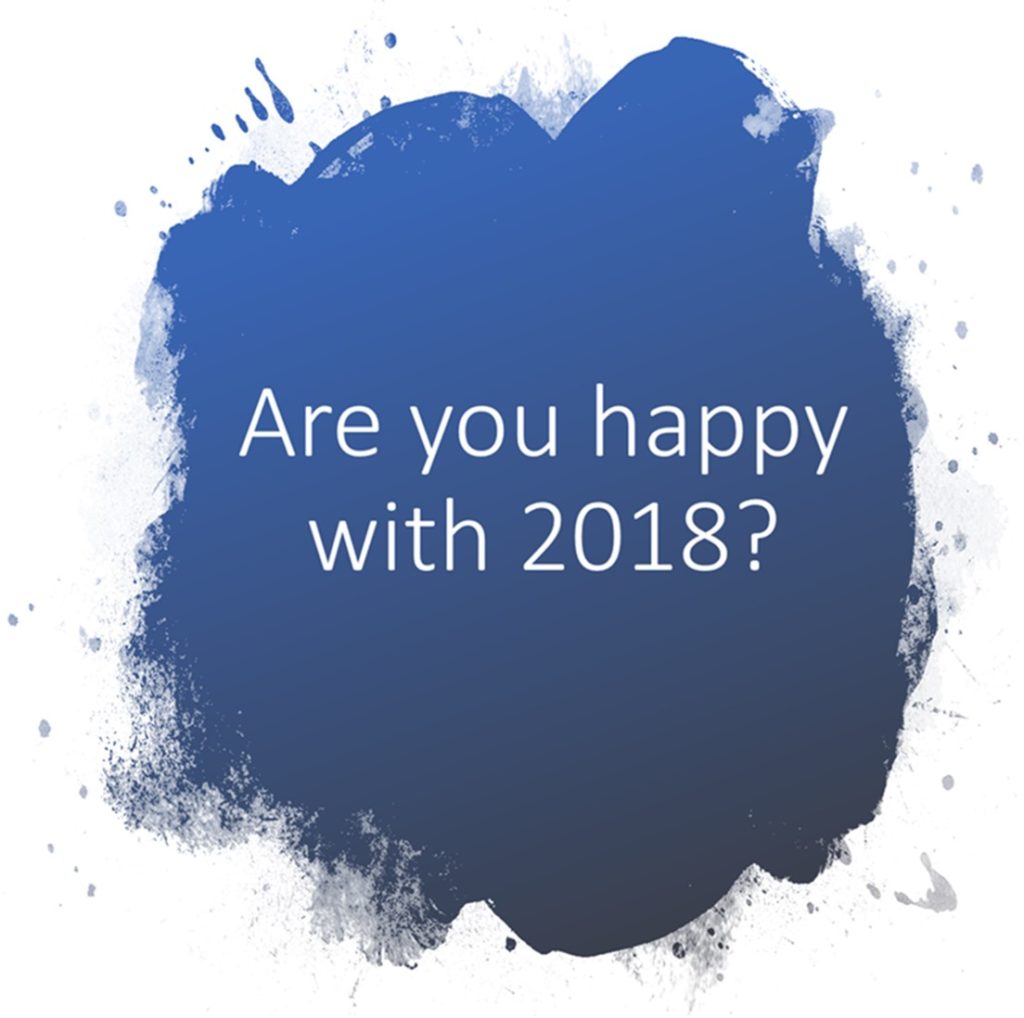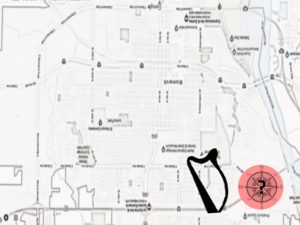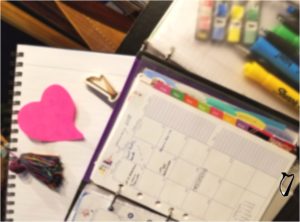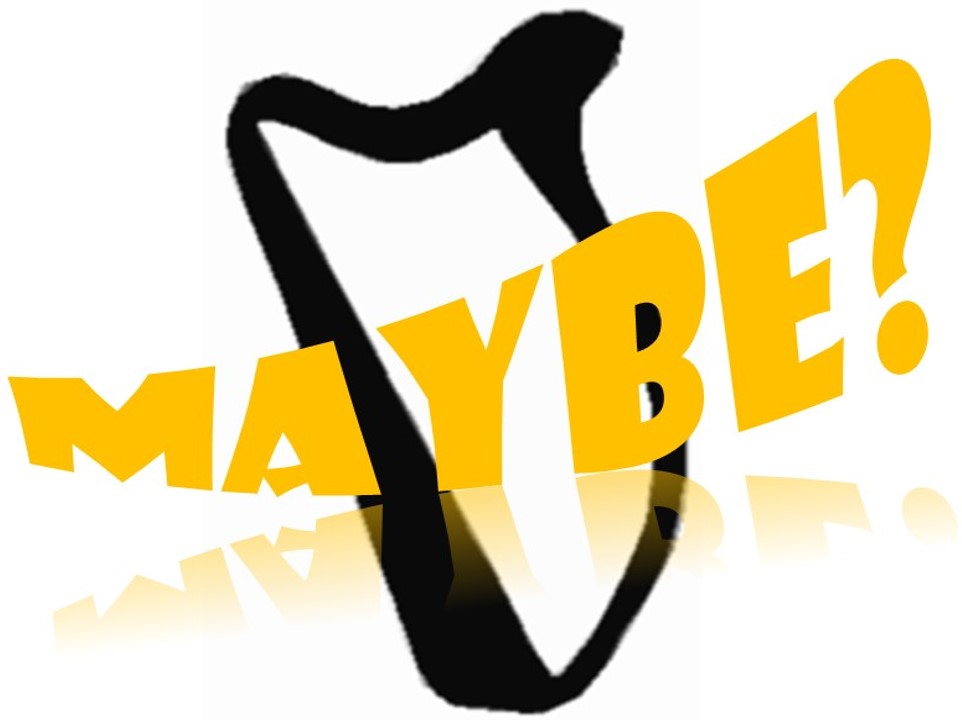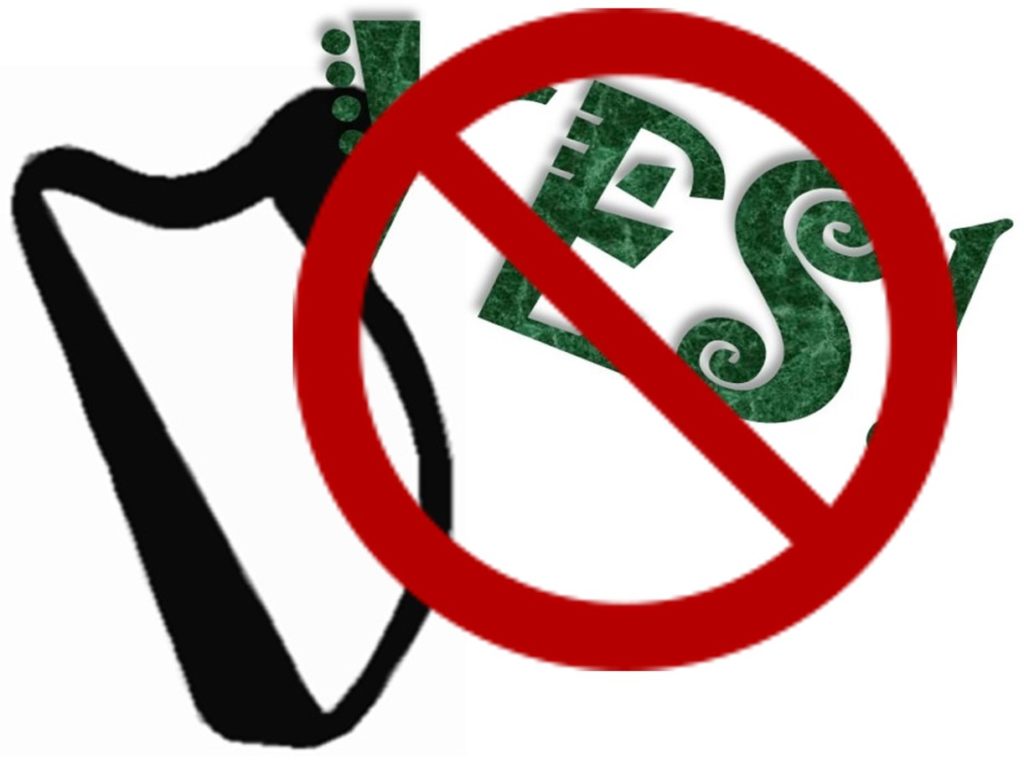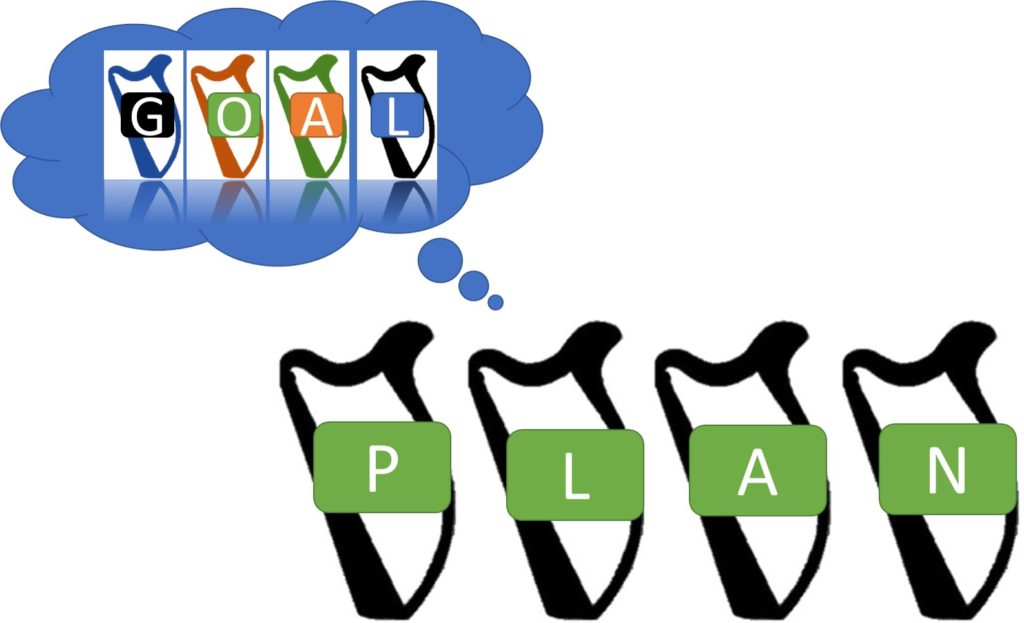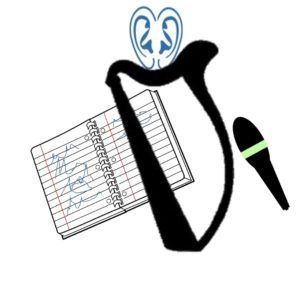It is now 2020 – Welcome to the new year and the new decade!
Just like every new year, we are encouraged from many sides to develop resolutions – to define those things we need to “fix” to improve ourselves.
How about this – in 2020, the year of clear vision – just give it a rest. Resolve to make no resolutions. Don’t set any goals.
After all, if the goals were important, you’d have set them right when they became clear. If you need to work on specific things, you would have started right then – if you wanted that to become a goal!
There’s nothing special about short cold days for achieving anything. Up to 91% of people who set resolutions drop them, most before the middle of January! So, setting resolutions is really not a useful thing to do, unless you like to set yourself up for failure and to give yourself a specific thing to beat yourself up about not accomplishing.
 Then what should you do? How about you take on just these four things:
Then what should you do? How about you take on just these four things:
- Just Stop. New Year’s resolutions really seem to be about false notions of self-improvement and possibly about self-aggrandizing virtue signaling. And really, unless you made a significant wager with someone, no one else really cares if you make it, so stop pillorying yourself about having resolutions, goals, visions, whatever. Use that energy to – just play!
- Be Nice. Be kind to yourself – if you’re not where you want to be, you probably not only know it, but you likely also know how to get across that gap. You might just not be ready to spend that energy. And if you are not sure how to get there, work with your teacher (or me!) and keep reading (because you know that here, we’ll talk about ways to improve!).
- Take a smarter path. The path forward that begins by recognizing the reality of your life will be a smarter path. And possibly there’s more to your life than playing the harp – like family, friends, day jobs, other hobbies, other instruments, and myriad other things you prioritize ahead of the harp (otherwise, you’d have more time to practice). By examining your real life – and using that as the foundation of your thinking about your playing – you will be more likely to be able to find the time to practice and to better fit your harp playing into your reality! Your life is a system and it needs to be kept in balance so that you can accomplish the requirements of each of its parts. That balance starts by understanding where all the pieces lie.
- Practice! You know it will all come down to this – but you need a wider definition – you have to practice:
-
- Practice the instrument – probably that old saw of spending at least 30 – 90 minutes a day (depending, again, on where you’re trying to get, your level of performance and development, and your real life)
- Practice fitting everything else in too (you know, like dinner, exercise, sleep, work, chores, etc.) (after all, 3 above will not happen by magic, it will take a little work to analyze what will fit, where it will fit and how you might have to adjust things to get it all into the day).
- Practice having balance
- Practice being kind to yourself
- Practice stretching
- Practice learning
- Practice spending time away from your harp productively
- Practice being present
- Practice practicing – you can’t just sit on the bench and have magic pour out your fingers – you know you need to warm up, work on fundamentals, analyze music, think about your approach and strategy for new music, work on learning, learn new things, develop musicality, hammer out new burbles, etc.
- Practice the tunes you love
- Practice the tunes you don’t love
- Practice the way you play and developing your technique
- Practice becoming more accomplished
- Practice sharing your music
- Practice being better
- Practice enjoying the process
- Practice capturing your progress so you can see your improvement
- and practice identifying where you need to improve and practice
It’s going to be a busy year, and you’ll do exactly as much work as you fit in (and no more). Setting improbable or impossible goals will not help and could actually get in the way (by making you feel like you’re failing or not making progress when you actually are).
What will you do with all the energy you have from not developing resolutions or goals that won’t work for you? Let me know in the comments!

